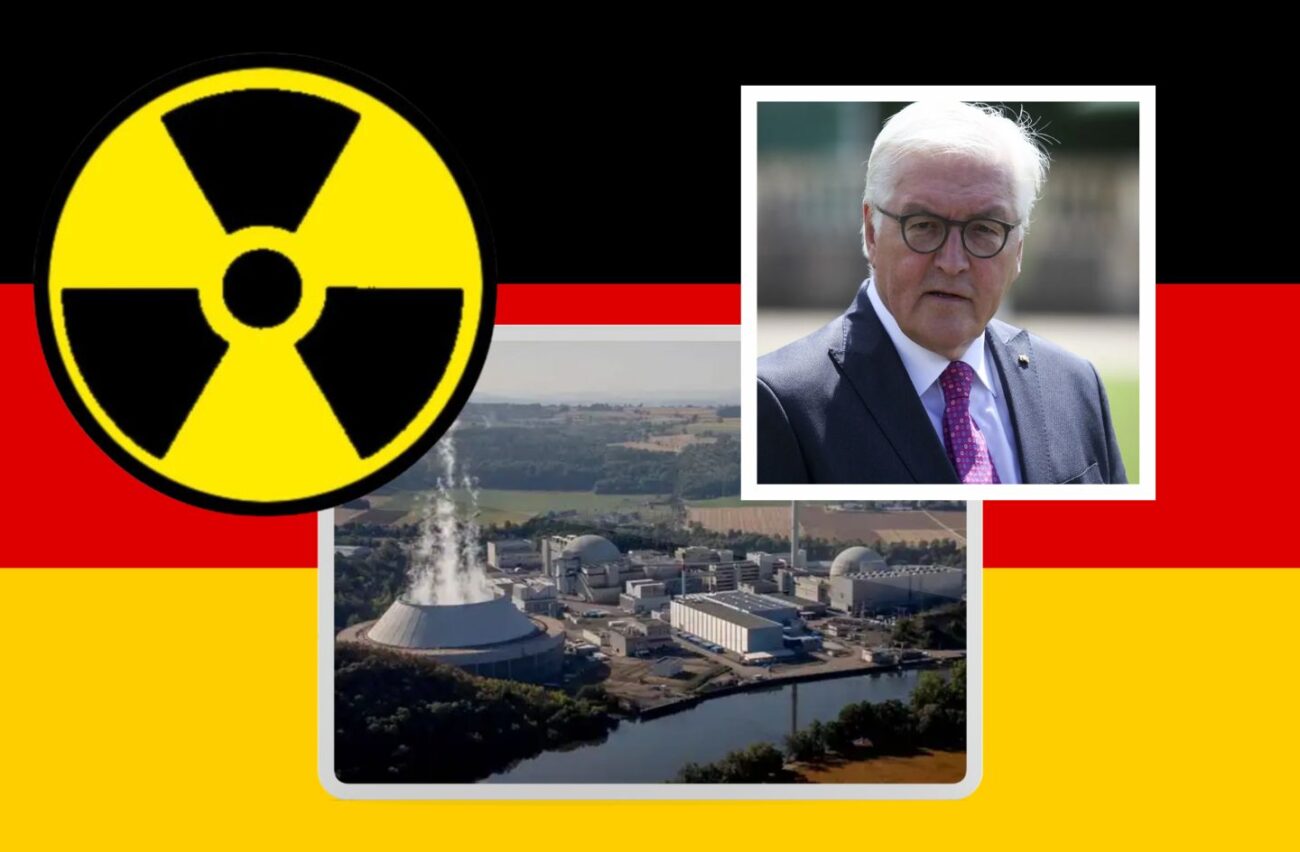Concerned German citizens may be holding their breath to see if Germany will be able to survive after closing down their last three nuclear plants.
Germany: Good-Bye Nuclear Plants
According to reports, the German government dismissed calls on Wednesday for a last-minute delay in shutting down the country’s last three nuclear power plants this weekend.
“The nuclear phase-out by April 15, that’s this Saturday, is a done deal,” Scholz spokesperson Christiane Hoffmann said.
Germany has been looking to phase out nuclear power since 2002, but the decision was accelerated by former chancellor Angela Merkel in 2011 after the Fukushima disaster in Japan.
“Energy security was achieved during the last difficult winter and this will continue in the future,” Robert Habeck, who is also the Minister for Economic Affairs and Climate Action, said in a statement to the Funke media group.
Habeck added that gas deposits were at adequate levels and that the new floating liquified natural gas (LNG) terminals in the northern industrial port of Brunsbüttel, as well as the boost in renewables, mean “the situation is under control.”
Some Nuclear Plants Shut Down Last Year
Last January Germany shut down three of their six remaining nuclear plants.
One of the plants Brokdorf, located 40 kilometers (25 miles) northwest of Hamburg on the Elbe River, became a particular focus of anti-nuclear protests that were fueled by the 1986 Chernobyl catastrophe in the Soviet Union. The other two plants are Grohnde, 40 kilometers south of Hannover, and Gundremmingen, 80 kilometers (50 miles) west of Munich.
In October, German Chancellor Olaf Scholz proposed to extend their lifespan through mid-April, citing the supply concerns caused by the war and the resulting Western sanctions.
Sixteen reactors have been closed in Germany since 2003.
The three final plants provided six percent of Germany’s energy last year, compared with 30.8 percent from all nuclear plants in 1997. Meanwhile, Germany produced 46 percent of its energy from renewables in 2022, up from less than 25 percent a decade ago.
These targets “are already ambitious without the nuclear phase-out — and every time we deprive ourselves of a technological option, we make things more difficult,” said Georg Zachmann, an energy specialist at the Brussels-based Bruegel think tank.
Since Russia’s invasion of Ukraine, Germany has reduced its energy dependence on Moscow, eventually aiming to replace all Russian energy imports. Germany was the European Union’s largest importer of Russian energy supplies and relied on Moscow for roughly 55% of its natural gas, leaving it especially vulnerable to the sharp drop-off in Russian supplies, especially Russia’s throttling of gas deliveries via the Nord Stream 1 gas pipeline, which were later halted completely.
Concern About the Future
The sabotage of the Nord Stream pipeline last September added to Germany’s energy challenges.
The move to close the Isar 2 and Neckar 2 power plants, in southern Germany, and Lingen, in the central state of Lower Saxony, had been slated for December 31 but was postponed until April 15.
Habeck, who co-leads the Green Party, has ruled out the construction of new nuclear plants, because he believes they have only led to “economic failure” in France, the United Kingdom and Finland.
The German government is aiming to have 80% of total energy consumption be green by 2030, and in 2022, renewables to provide 46.2% of electricity consumption.
Critics argue that switching off the nuclear plants now deprives Germany of a source of low-emission power and requires the country to keep operating fossil fuel plants that contribute to climate change.
Wolfgang Kubicki, deputy leader of the Free Democrats, said in an interview with the Funke Media Group that Germany has the safest nuclear power plants worldwide and switching them off would be “a dramatic mistake” with painful economic and ecological consequences.
Germany’s government wants to phase in the use of hydrogen that can be produced without greenhouse gas emissions and fired up quickly on days when there’s little sun or wind for renewables.
They also mentioned that studies showed Germany would be able to maintain its power supply with coal and gas-fired power plants and renewables such as wind and solar, while remaining a net exporter of electricity.
All three nuclear power plants be shut down on April 15.
Further Reading:
Biden’s Non-binary DOE Nuclear Waste Chief Accused of Stealing Woman’s $2k Bag at Airport
Bill Gates Gets Cozy with South Korea’s President
Get the news you need at It’s On News.



Can humans utilize nuclear power without causing an environmental catastrophe because of incompetence and ineptness????
Answer: NO